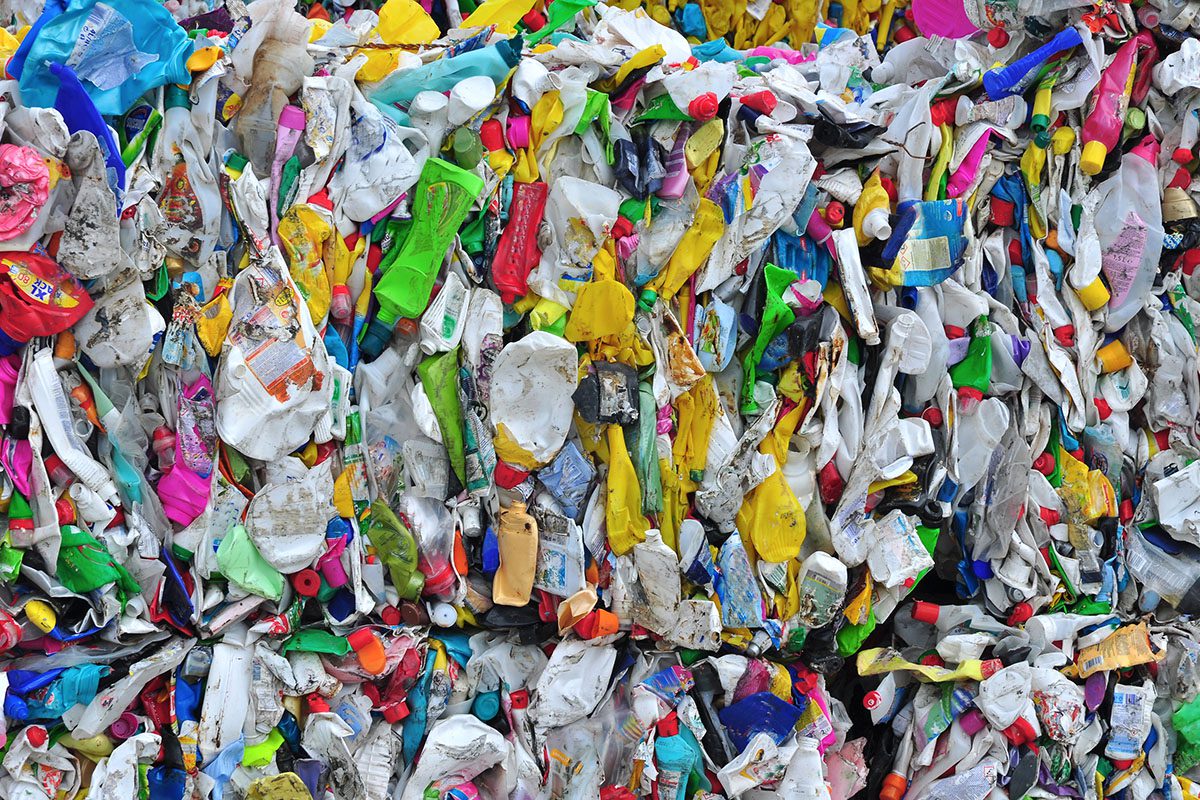
The Recycling Association has said that exports of recycled materials have their place in a global economy, but these need to be high-quality materials.
After launching its Quality First campaign more than three years ago, The Recycling Association membership has committed to producing a high-quality secondary commodity and wants the rest of the supply chain to work to the same goals, the group said in a statement.
This means that manufacturers, retailers and local authorities all need to commit to producing a high-quality product for use by both UK and export recyclers.
News that Malaysia is returning containers of materials back to the UK and other countries shows the need for joined-up thinking to achieve this, according to the association’s chief executive Simon Ellin.
He added: “We are entering very difficult waters here. From the photos I have seen of the material that is being sent back to countries around the world, it looks like the mixed supermarket films that are collected from the kerbside collection schemes by local authorities.
“These particular materials are so variable and difficult to separate and recycle that we have a stark choice now of whether to stop collecting them altogether or we move the material down the waste hierarchy and incinerate them while recovering the energy. The longer-term solution of course is for the producers not to produce them in the first place – a trip around any supermarket fruit and vegetable aisle has me shaking my head in disbelief at the plethora of unnecessary plastics ‘protecting’ the produce.
“The Recycling Association is against illegal exports of general waste rubbish and poor quality materials to other nations. That is why we launched our Quality First campaign three years ago to push for materials to meet the legal specifications of the importing country. Our members want to trade quality secondary commodities to these nations.
“We shouldn’t let a minority of companies that operate in violation of international and domestic laws undermine the legitimate trade of a secondary commodity. Malaysia has itself acknowledged the benefits to its manufacturing sector of importing recyclable materials that can be turned into new products there. If we send these high-quality secondary commodities to UK, European or Asian recyclers, we are often sending them back to the location or country where they were first manufactured to be turned into new products.
“Indeed, with the Government proposing a plastic tax on any plastic packaging with less than 30% recycled content, we will need to ensure there is global trade of recyclable materials so that manufacturers can import products with this recycled plastic content.
“Plastic is an amazing product that protects our food and other products from damage. But it should also be easily recyclable at the end of its life. We welcome that the Government is planning on introducing Extended Producer Responsibility as part of its Resources and Waste Strategy, and that should force manufacturers to design and produce easily recyclable packaging.
“This should help us in our aim of consistently producing a high-quality secondary commodity that should lead to more UK recycling infrastructure being developed, but will also enable us to export what is left over back to countries where it was once manufactured originally. Unfortunately, the timelines for us to see the impact of the changes proposed is at least five years, so we believe that the producers of these plastics need to take action right now before they are forced to. It is their responsibility to do so and they simply cannot continue to pass the buck down the supply chain and ultimately to the likes of Malaysia.
“Malaysia, and other countries, are right to crack down on illegal imports. But we should also recognise that international trade of secondary commodities benefits all parts of the manufacturing supply chain, and legitimate exporters of a high-quality product should not be blamed for the actions of a minority.”







